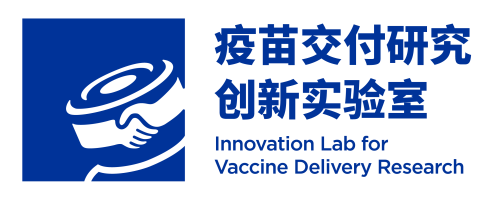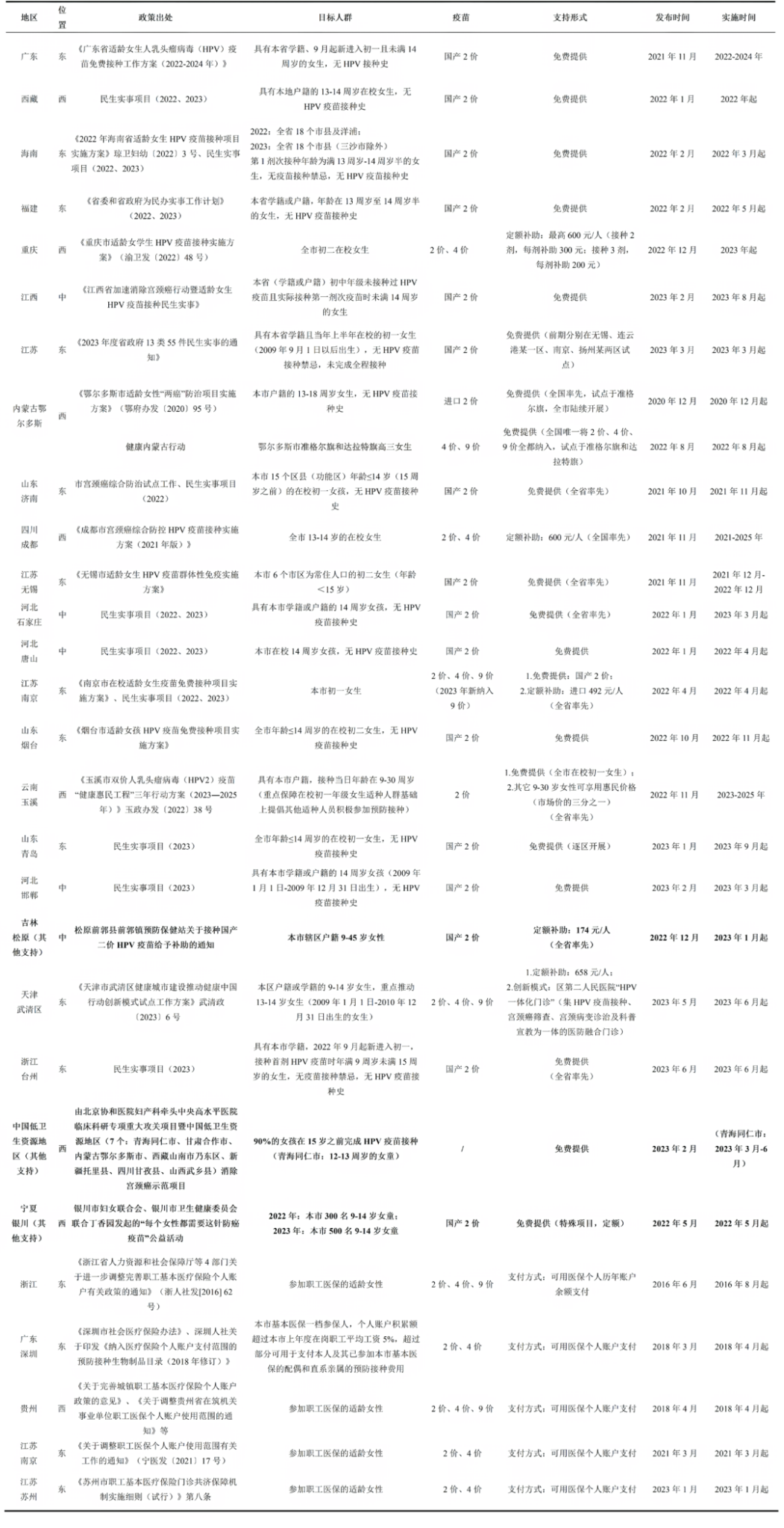On December 4, 2024, the Innovation Lab for Vaccine Delivery Research (VaxLab) at Duke Kunshan University and the China International Knowledge on Development Center (CIKD) co-hosted an international symposium in Beijing.
The symposium marked the 50th anniversary of the global Expanded Programme on Immunization (EPI), aiming to foster exchange on immunization program implementation and strategies. Discussions revolved around challenges in achieving universal vaccine coverage, equitable access to vaccines and immunization services, and introducing new vaccines.
Titled Health Promotion within the Global Development Initiative: The International Symposium on Strengthening National Immunization Programmes (NIP), the event brought together nearly 100 representatives from six countries, including Australia, Singapore, Indonesia, Sri Lanka, and Malaysia, as well as from the international organizations, governments, and leading research institutions. The conference’s opening session presented prominent speakers from the CIKD, the National Disease Control and Prevention Administration (NDCPA), and the Bill & Melinda Gates Foundation.
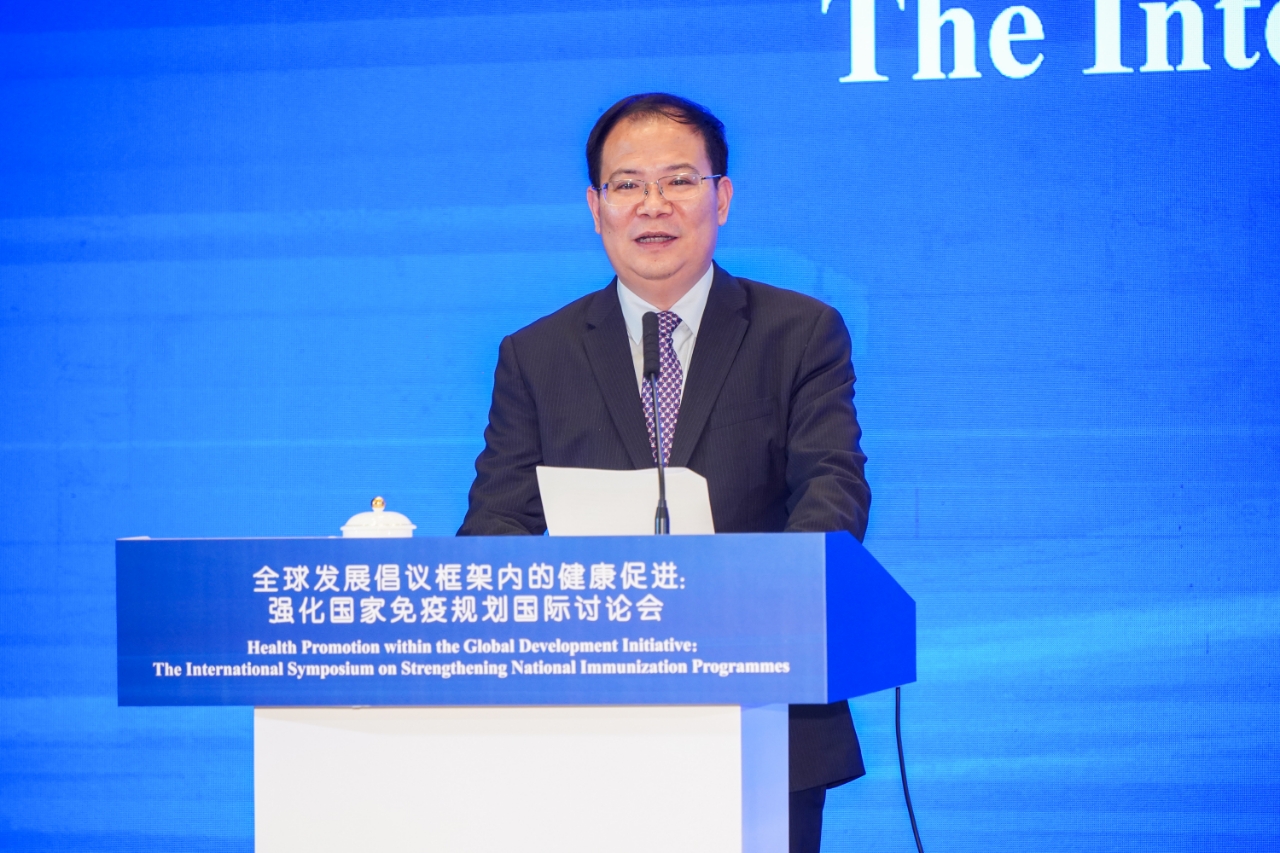
Wang Jinzhao, Executive Deputy Director of the Center for International Knowledge on Development, stated that health is a globally recognized development issue and a critical component of implementing the Global Development Initiative and advancing the achievement of the Sustainable Development Goals. National immunization Program is a key measure for promoting health through prevention, playing a vital role in preventing diseases, reducing the global disease burden, and fostering sustainable population growth. The world is facing multiple risks and challenges, and implementing a prevention-first health priority strategy is a crucial step in strengthening the foundation for global sustainable development. China has been a beneficiary of expanded immunization planning and has also made positive contributions to the global expansion of immunization planning.
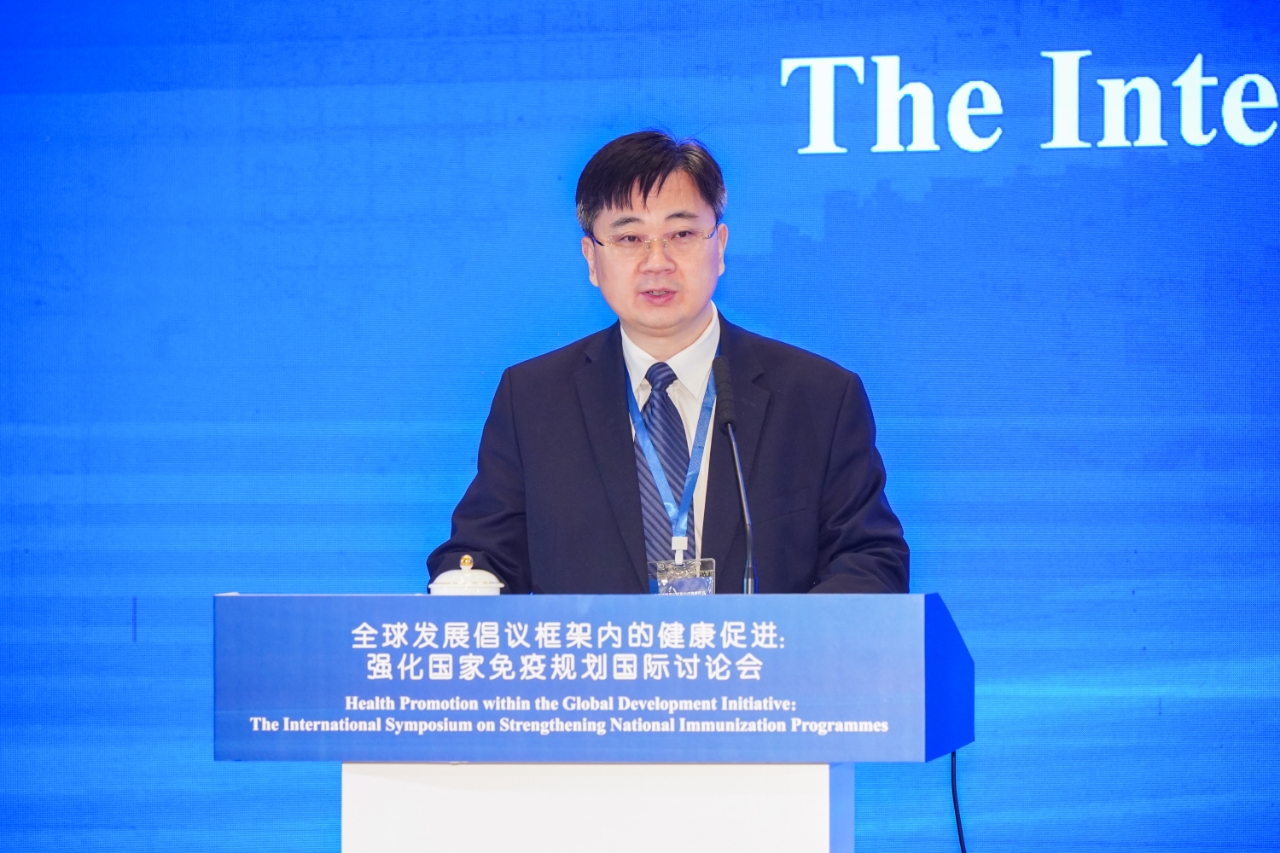
Xia Gang, Director-General of the Department of Health and Immunization Planning of the National Disease Control and Prevention Administration, stated that the Chinese government attaches great importance to immunization program work. Through the implementation of the national immunization program, China has effectively controlled vaccine-preventable diseases. As China experiences rapid economic and social development, public health needs continue to rise, and the landscape of disease prevention and control evolves. The National Disease Control and Prevention Administration is committed to rigorously implementing the relevant laws, regulations, and action plans. It will continuously optimize and improve national immunization program strategies, providing timely, convenient, high-quality, and efficient vaccination services to the public, thereby advancing the high-quality development of China’s immunization program.
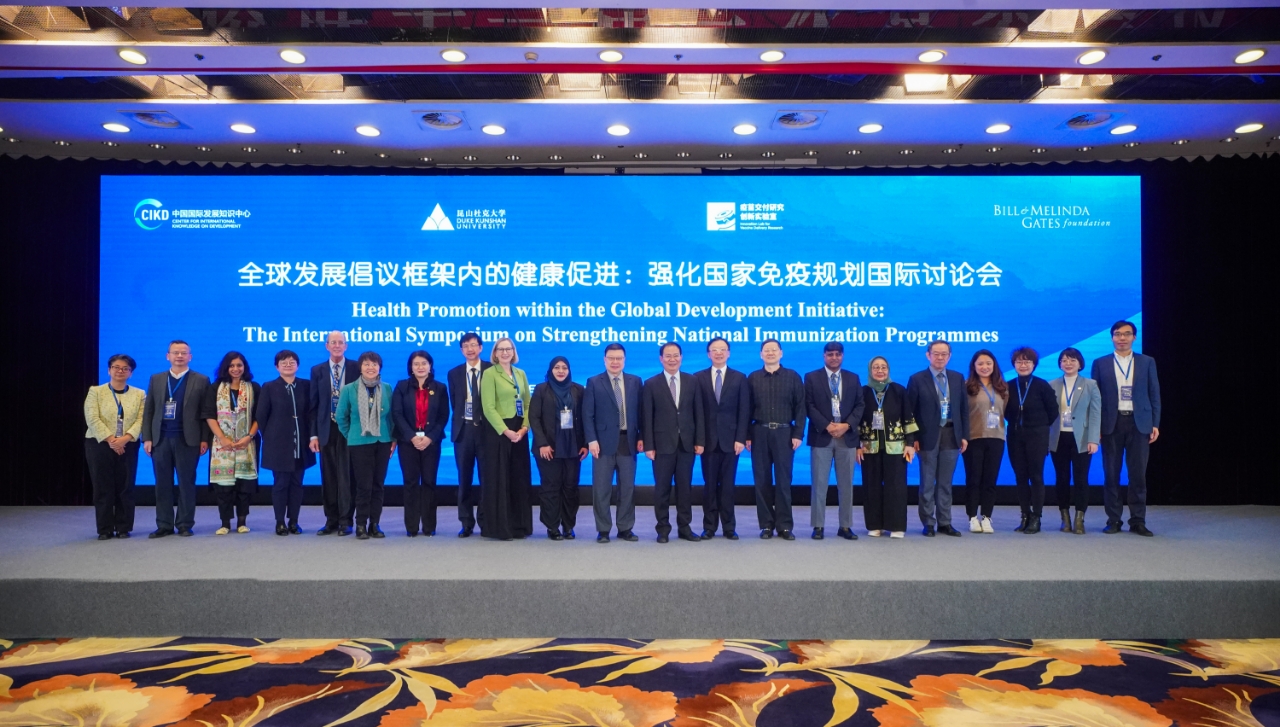
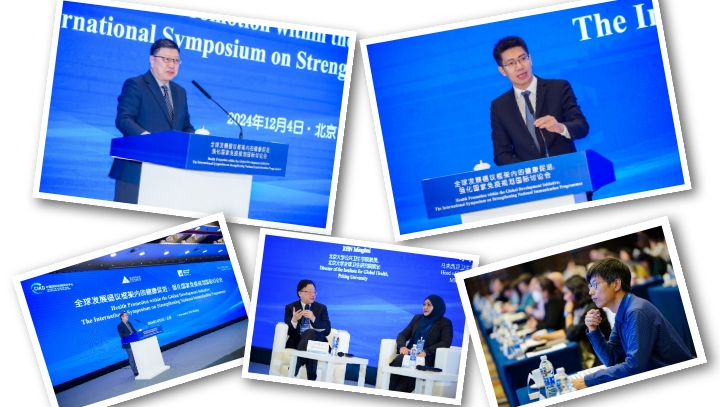
Tackle the challenges of universal vaccine coverage
The symposium discussion focused on several critical topics – “Addressing the Challenges of Middle-Income Countries in Achieving Universal Vaccine Coverage,” “Implementation of Introducing New Vaccines,” and “Improvement of equitable access to vaccine/immunization services.”
In the keynote session, Dr. Adriana Jimenez Cuen, Director of Middle-Income Countries at Gavi, gave a comprehensive introduction to the challenges of immunization coverage in MICs and Gavi’s Middle-Income Country Approaches. She also shared Gavi’s current successes in introducing new vaccines in the Asia-Pacific region, bringing the cases of country-specific support systems and toolkit introduction.
Professor Tang Shenglan, Director of the Global Health Research Center and Chair of the VaxLab at Duke Kunshan University introduced the comparative analysis of immunization program implementation in selected ASEAN and SAARC countries conducted by his team in the past year. Based on the progress of immunization programme implementation in different countries, he emphasized the common challenges of immunization coverage and called for international organizations to improve the support of MICs and set up platforms to promote inter-regional exchanges and collaboration.
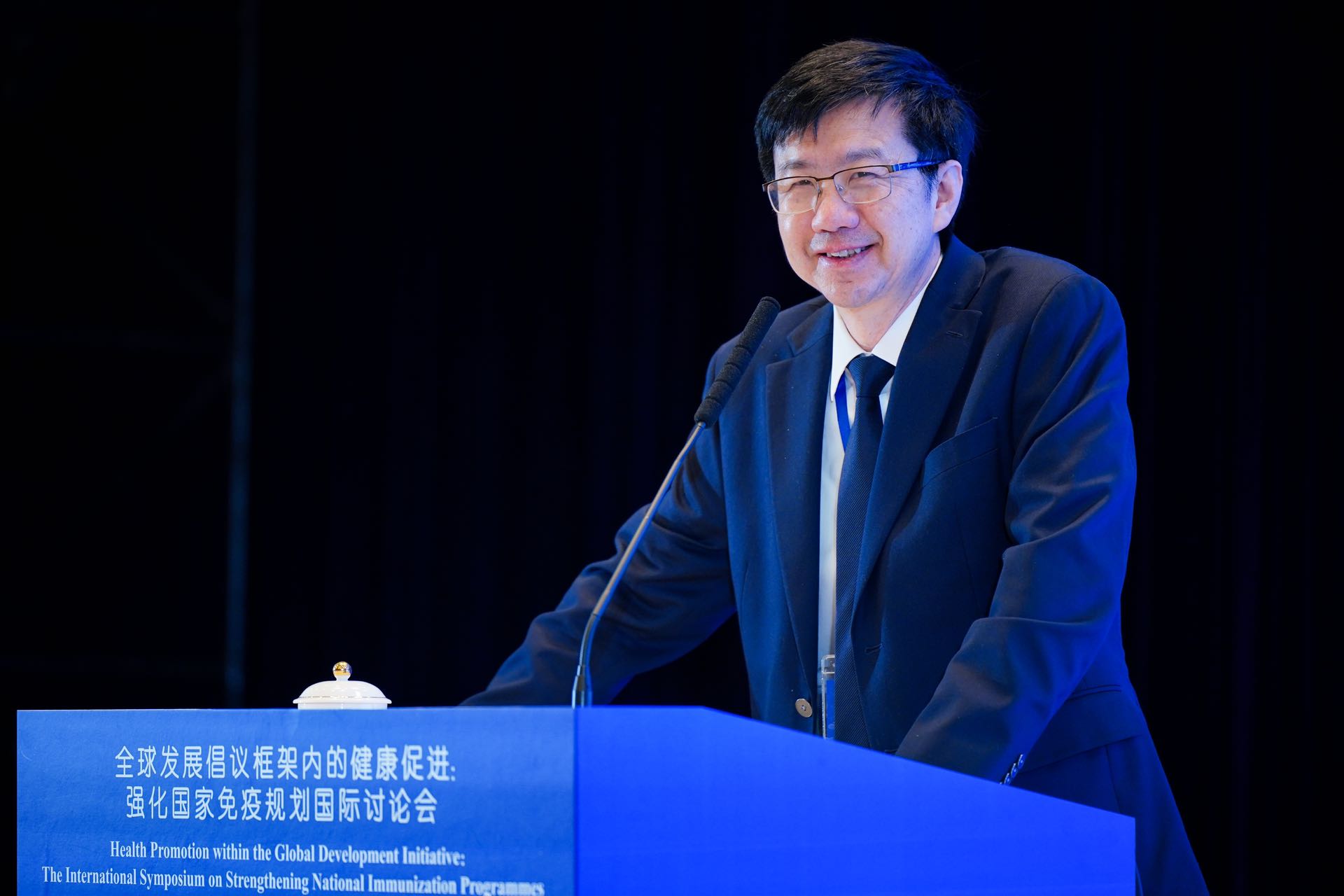
Professor Kristine Macartney, Director of the Australian National Centre for Immunization Research and Surveillance (NCIRS) shared “Role of NITAG in Optimizing National Immunization Programme: Experience from Australia and Other Asian countries”. She pointed out that more vaccines are expected to be launched in the coming years, while some countries have not yet introduced some of the existing priority vaccines. Countries need to establish an effective decision-making mechanism within their national governance structure, fully leveraging the role of NITAGs to provide high-quality policy recommendations for national immunization programs.
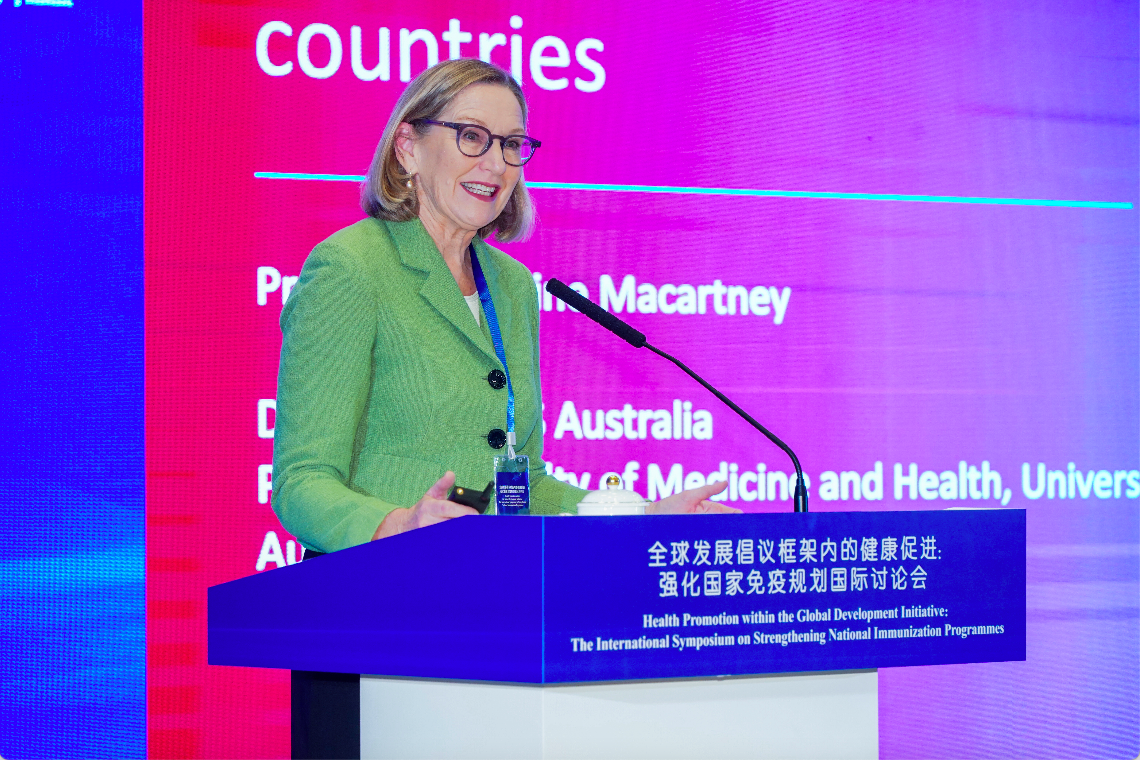
The panel discussion, moderated by Professor Ren Minghui, Professor at Peking University School of Public Health and Director of the Institute for Global Health, focused on “Tackling the Challenges of MICs for Universal Vaccine Coverage” and featured representatives from China, Sri Lanka, Malaysia, and Indonesia. Prof. Ren Minghui summarized the discussion by pointing out that vaccination is among the most cost-effective health interventions and an important means to achieve Universal Health Coverage by 2030. Immunization coverage should not be limited to discussions in the healthcare sector; it needs to involve more stakeholders to participate in the dialogue and establish collaboration mechanisms from a global development perspective.

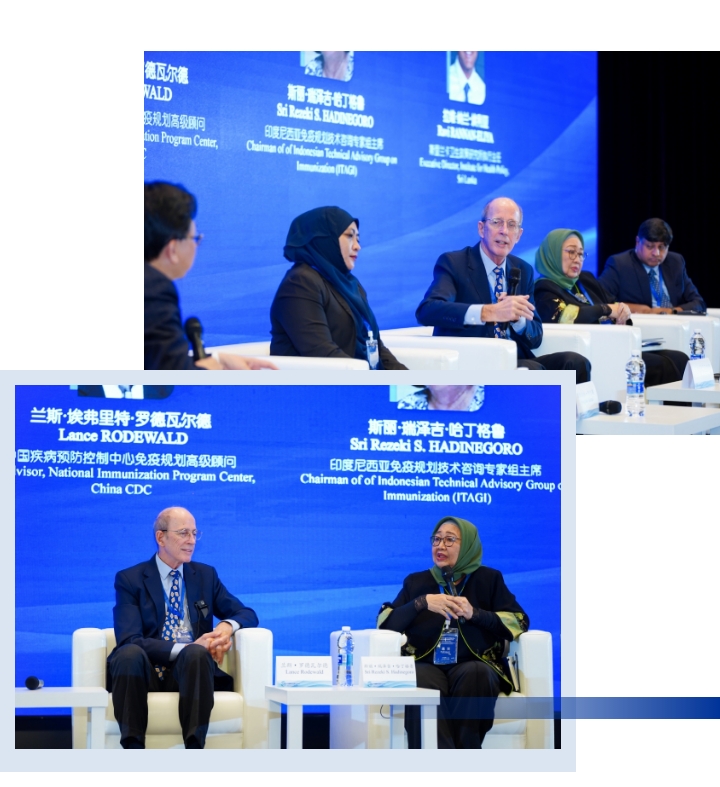
Country best practices sharing
During the morning session and the afternoon parallel discussion, representatives from different countries shared progress, experiences, and reflections on the practice of immunization programs in their countries.
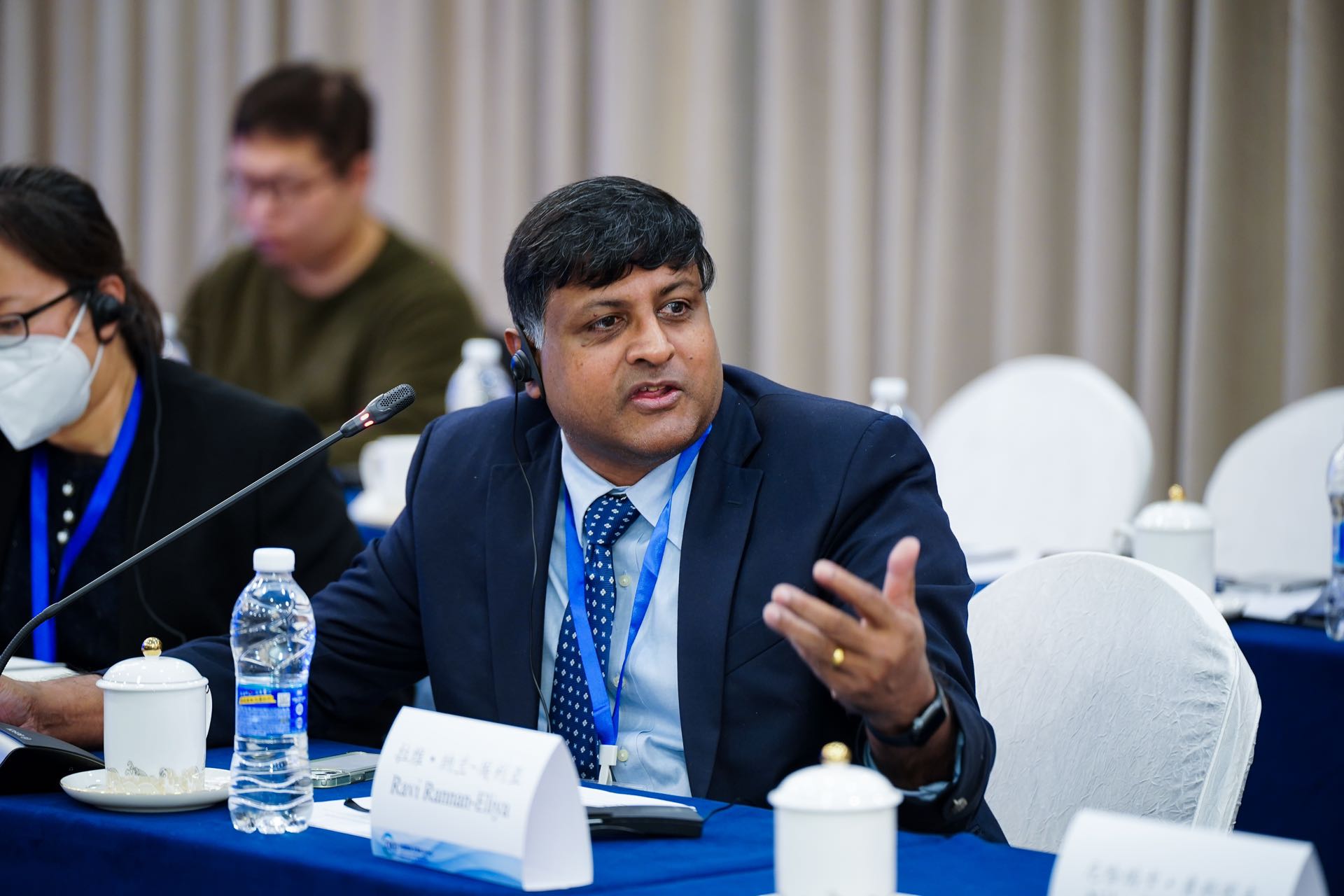
Dr. Ravi Rannan-Eliya, Executive Director of the Sri Lanka Institute of Health Policy Research, shared “Sri Lanka’s Immunization Success – Critical Drivers, Current Challenges, and How Australia’s AIR Provides Potential Lessons”. He said that Sri Lanka’s immunization program had maintained high coverage since its inception and is closely linked to the success of the health system; the introduction of information technology has been critical to the implementation of the immunization program, but a great deal of groundwork cannot be ignored.
The Chairman of the Indonesian Technical Advisory Group on Immunization (ITAGI), Prof. Sri Rezegi Hadinegoro, shared the ‘New Vaccines Introduction into National Immunization Programme – A Lesson Learnt from Indonesia,’ in which Indonesia has introduced pneumococcal, HPV and Rotavirus vaccines into the national immunization program in recent years. She elaborated on the working mechanism of the ITAGI and its role in bringing in new vaccines. Each vaccine has its unique challenges when planning the introduction roadmap, which requires customized solutions to address.
Dr. Syaqirah Akmal from Malaysia’s Ministry of Health discussed the country’s approach to evidence-based decision-making in introducing new vaccines, drawing on Malaysia’s experiences with health technology assessment. Dr. Walter Orenstein, Professor Emeritus of Medicine, Epidemiology, Global Health, and Pediatrics at Emory University, shared the experience and insights of the United States in establishing and strengthening the national immunization program through the Measles Elimination Initiative.
Several experts also shared China’s recent progress, practical experience, and reflections on the immunization program. Ma Chao, Director of the Immunization Policy Branch, National Immunization Programme Center, China CDC, introduced ‘China’s National Immunization Programme and the Role of the National Immunization Technical Advisory Group (NITAG).’ Yu Wenzhou, Deputy Director of the National Immunization Programme Center, China CDC, presented “Strategies and Measures to Increase China’s Non-Immunization Vaccination Coverage”. Prof. Zhao Fanghui, Director of Cancer Epidemiology at Cancer Hospital, Chinese Academy of Medical Sciences/National Cancer Center, shared the latest progress of the research on the Optimized Roadmap for Cervical Cancer Elimination and HPV Vaccine Immunization Strategies in China. Prof. Cui Fuqiang, Deputy Director of the Department of Global Health, School of Public Health, Peking University, shared the ‘Lesson learned from Hepatitis B vaccine integration into the National Immunization Programme in China,’ which is a reference for developing countries to implement immunization programs.
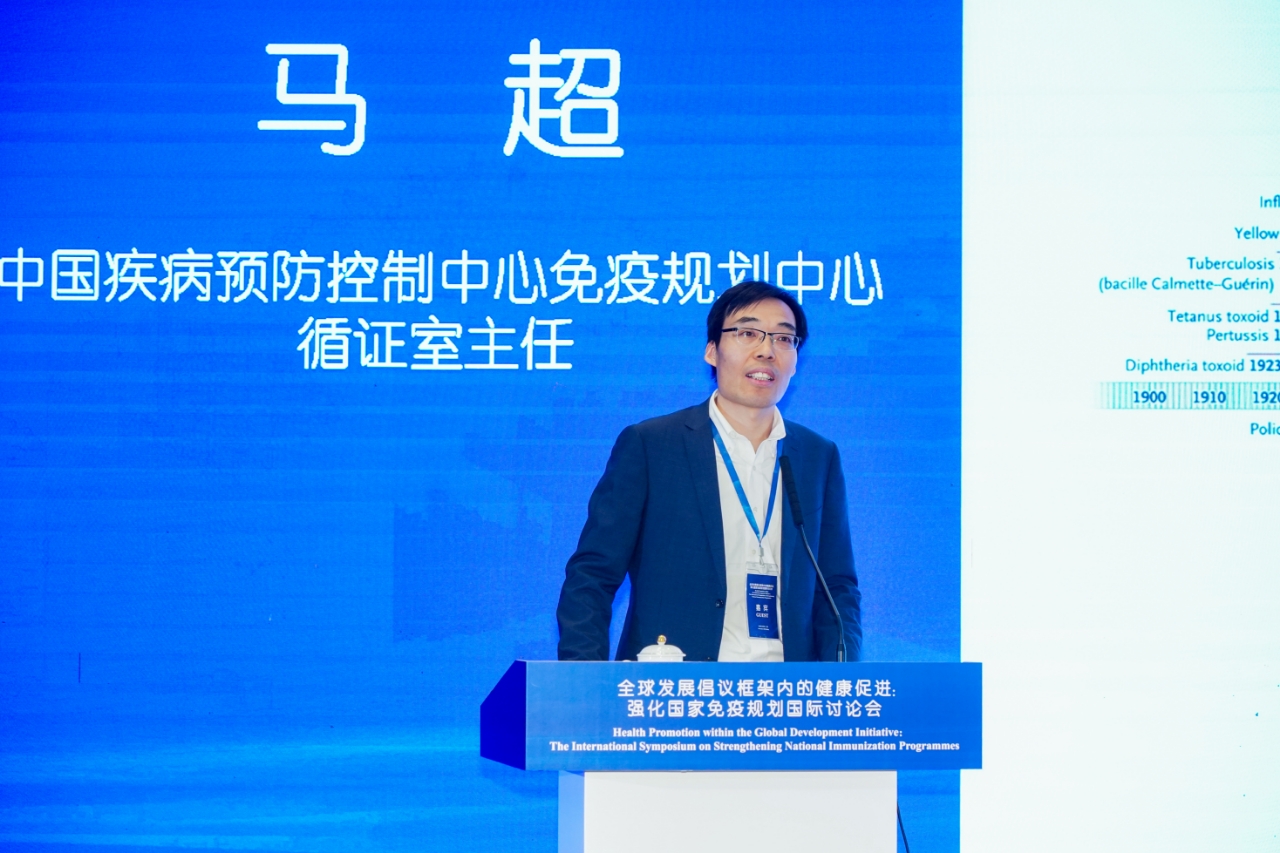
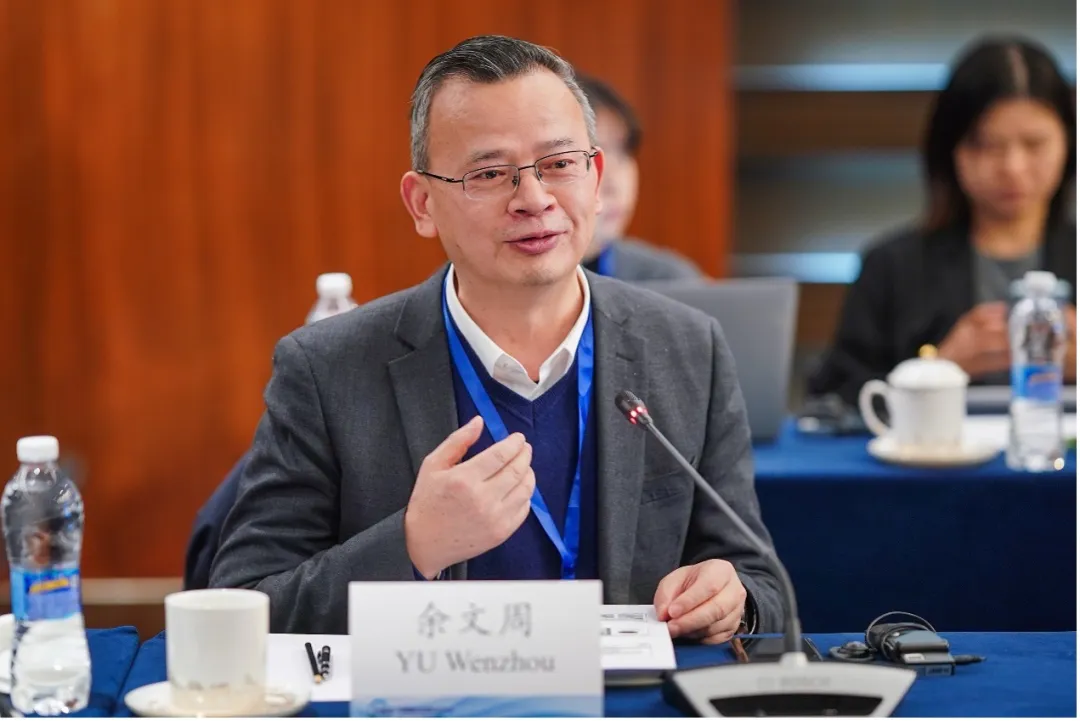
From the perspective of global and regional collaborative mechanisms, Assistant Professor Liu Yang from the London School of Hygiene and Tropical Medicine shared, ‘Working towards more equitable vaccination and immunization access through the Vaccine Impact Modeling Consortium’. Dr. Niharika Rustagi from the Centre for Behavioral and Implementation Sciences, National University of Singapore, introduced the Asia-Pacific Alliance for Immunization (APAI). Dr. Niharika Rustagi, a researcher from the Centre for Behavioral and Implementation Sciences, National University of Singapore, presented the work of the Asia Pacific Immunization Coalition (APIC), which works through a series of regional collaborations to link scientific research, policy advocacy, and strengthened immunization program implementation.

In the closed-door discussion following the conference, the participants engaged in in-depth exchanges on key issues: optimizing China’s immunization planning strategies, sustainable financing models for introducing new vaccines, expanding the coverage of immunization programs, and improving the accessibility of immunization planning.

About the Organizer
Center for International Knowledge on Development
Founded in March 2017, the Center for International Knowledge on Development (CIKD) was first announced in President Xi Jinping’s speech at the 2015 UN Development Summit. In August 2017, CIKD was officially launched and received congratulatory letters from both President Xi Jinping and UN Secretary-General António Guterres. CIKD is an independent institution affiliated with the Development Research Center of the State Council, P.R. China (DRC). It strives to research and communicate with other countries on development theories and practices suitable to their respective national conditions concerning China’s development experience. It aims to make important contributions to the sharing of development wisdom, the promotion of international development cooperation, and the implementation of the 2030 Agenda.
For more information: http://archive.cikd.org/english/
DKU Innovation Lab for Vaccine Delivery Research
Duke Kunshan University (DKU) was established in September 2013 as a U.S.-China partnership between Duke University and Wuhan University. The Innovation Lab for Vaccine Delivery Research (VaxLab) was founded in 2021 at the Global Health Research Center of DKU, with support from the Bill & Melinda Gates Foundation. VaxLab, led by Professor Shenglan Tang, aims to advance the national immunization Programme in China by producing high-quality evidence and conducting policy advocacy, with the vision of improving the population’s health outcomes. Since its establishment, VaxLab has collaborated with multiple stakeholders, including the national and provincial CDCs, think tanks, research institutes, and universities, to address four prioritized domains: 1) developing strategies to strengthen the National Immunization Programme; 2) improving the vaccine delivery efficiency and coverage; 3) improving vaccine financing and services; and 4) advocating for the inclusion of WHO-recommended priority vaccines in China NIP.
For more information: https://vaxlab.dukekunshan.edu.cn/en/
